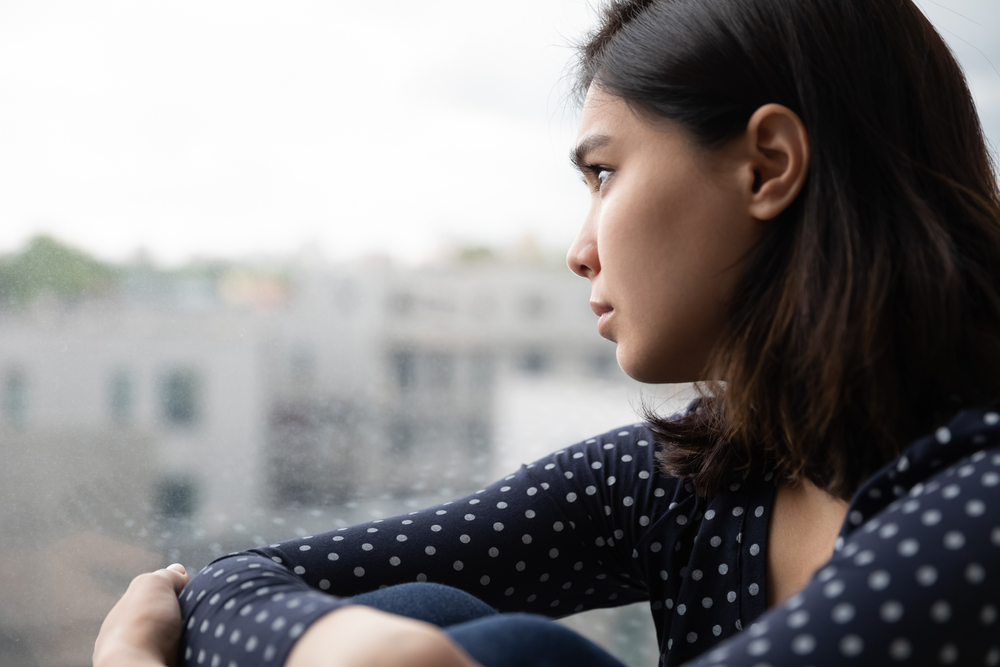Anxiety and stress, depression and loneliness can be hard on your mental health. Find resources below which can help children and young people to cope and reduce their anxiety, including support to help leading up to, and during, exams.
Anxiety and Worrying
- Audio: Anxiety control training – This NHS webpage has many different mental wellbeing audio guides to help you boost your mood. There is audio on low mood and depression, anxiety control and training, sleep problems, low confidence and assertiveness, and unhelpful thinking.
- How to overcome fear & anxiety- Mental Health Foundation offer a guide on how to overcome fear and anxiety. This talks about what effects fear and anxiety can have on your body. It provides a general outline as to what symptoms you might experience and what you can do to take your mind off it. It also has a section on when and where to get further help.
- Advice for children and young people who are being bullied- Good Thinking article on six tips to help you deal with bullying, whether it is physical or online. There are also useful websites and helpline numbers if you need further support.
- When I worry about things – A collection of short, animated films by the BBC for secondary school children where mental health issues are explored from the perspective of young people.
- Self-help guides – CAMHS (Child and Adolescent Mental Health Services) have many downloadable free self help guides that are useful for young people and parents. There are guides on mindfulness, stress, anxiety, self esteem and more.
- COVID, Anxiety & Stress – This webpage by Safe Hands Thinking Minds, has a range of resources to support children and adults around anxiety, worry, stress and fears. There are also free videos by Dr Karen Treisman to support relaxation and other links to worksheets, tips, books, and cards.
- Ways to feel better – Partnership for Children have created a poster sheet to help children feel better when they are dealing with difficult feelings. They can choose 3 ways that suit them the most and use these regularly.
- Worry jar – Partnership for Children have created an activity sheet for children and young people called ‘Worry Jar’ to deal with all the worries you might have. You write down your thoughts and put them in a jar or container and use ‘worry time’ (15 minutes per day) to address them.
- Anxiety- Things You Can Do – YouTube video by Every Mind Matters (NHS), around tips and advice on what you can do to deal with anxiety,
- Support with worries and anxieties – This Royal College of Psychiatrists webpage has information on worries and anxieties for children and young people. It includes different types of anxiety that may be experienced, what causes these feelings, and how it can be treated.
Coping under pressure
- 10 stress busters – This NHS webpage advises you on 10 ways to deal with stress. It outlines 10 healthy coping mechanisms and directs you to audio guides to address unhelpful thinking and sleep problems.
- Coping with stress – The royal college of psychiatrists give advice to young people on what stress is, what the effects can be, how to cope with it, when and where to get help and provide a case study for information.
- A guide for accepting change – This booklet is for children to understand how to accept change and what kind of changes might happen in your life. It also includes techniques on how to handle change and who to go to for support.
Coping with exam pressure
- Tips on preparing for exams– The NHS gives children and young people some advice on tips on how to prepare for exams and overcoming stress and anxiety. Here you can find revision tips, advice on how to handle exam days and a video from teenagers themselves about how to sit exams confidently.
- Student stress: self-help tips – The NHS describes what stress might feel like for students, signs of stress, what problems it can cause eg. sleep / concentration / anxiety, and tips to help with stress. There is also a video in which a GP explains the mental effects stress can have and when to seek help.
- Coping with exams being cancelled – This is an article by Young Minds about how to cope with exams being cancelled due to the (Covid-19) pandemic, which can cause anxiety. Elsa (18-year-old student) explains how she is coping.
Low mood and depression
- Audio Guide: Low mood and depression – the NHS provides some mental wellbeing audio guides by doctors for low mood, depression, anxiety, sleep problems, low confidence, and unhelpful thinking. They provide advice on how to cope, tips to build confidence and how to replace negative thought with positive thinking.
- Mental Health Foundation – clear information on understanding the types, causes and symptoms of depressions.
- Young Minds – support for young people on experiencing depression
Return to mental health in schools toolkit page for children and young people

